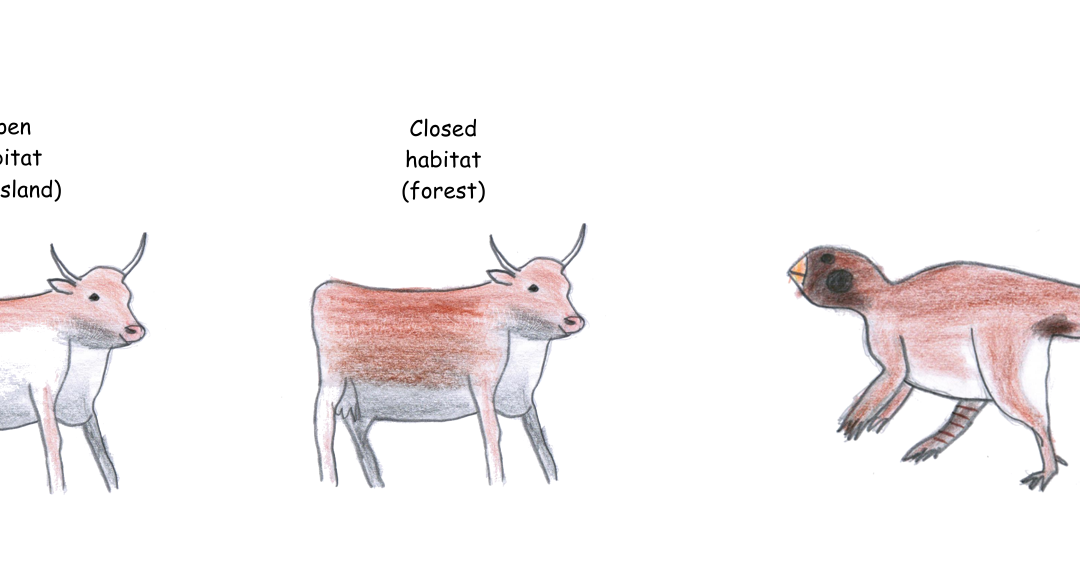
von Thomas Fester | Nov. 21, 2016 | Ecology, Natural History, News
Psittacosaurus were relatively small, plant-eating dinosaurs. In a particularly well-preserved specimen from China, pigmentation of the skin and scales could be studied. Apart from dark pigmentations in the face, cloacal area and hindlimb, a typical countershading...
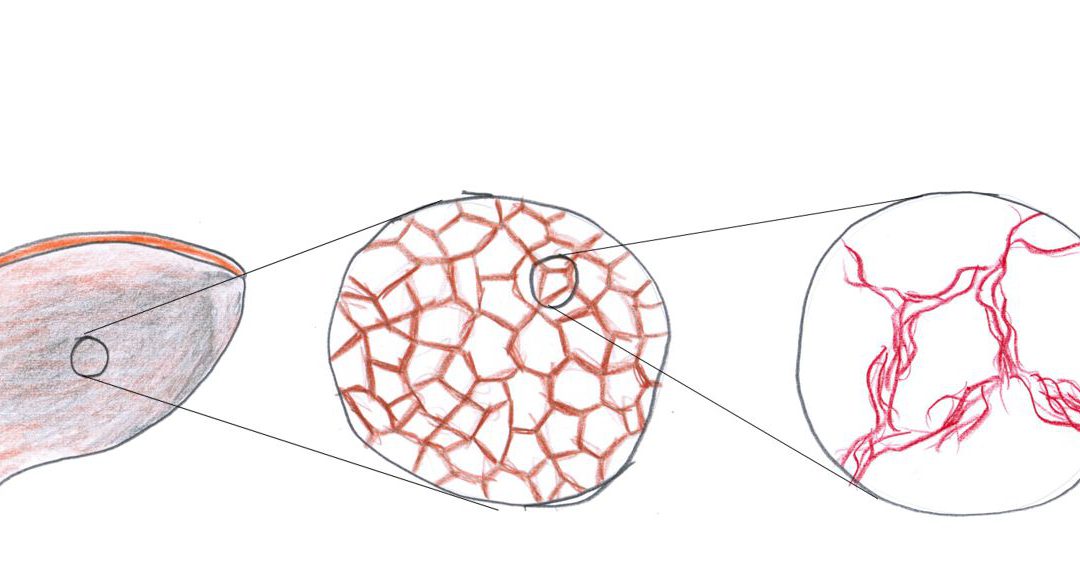
von Thomas Fester | Nov. 21, 2016 | Ecology, Natural History, News
Whole genome sequences allow comparison of Wisent and Cattle Two recent publication about DNA sequences from the European Bison (Bison bonasus) illustrate different strategies and their results in the molecular analysis of natural history. Gautier and colleagues...
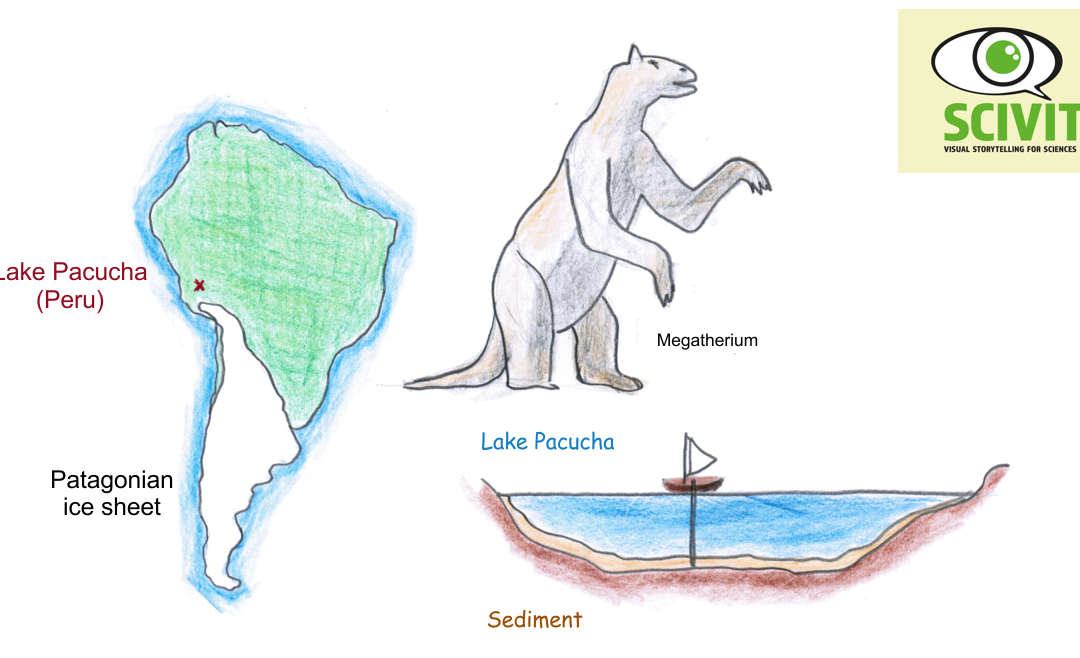
von Thomas Fester | Nov. 7, 2016 | Ecology, Natural History, News
Megafauna collapse in South America The end of the last ice ages marked a global decline of megafauna and, often coinciding, a rise of Homo sapiens. The reason for megafauna decline (climate change or human hunting) is controversial. While there are places like...
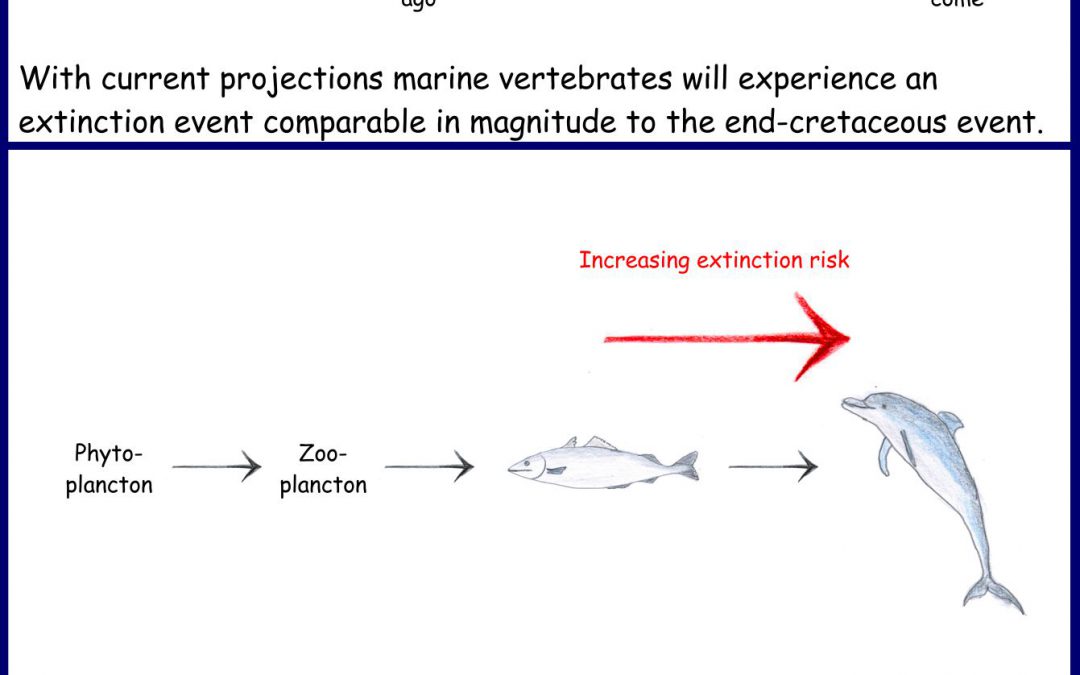
von Thomas Fester | Sep. 26, 2016 | Ecology, Natural History, News
Ecology Source: Payne et al., Science 353, 1284 – 1286 Scivit News – Visual Science More illustrations from Scivit More videos from Scivit Have a video abstract based on this cartoon (300 Euro) ← Previous News Further News...
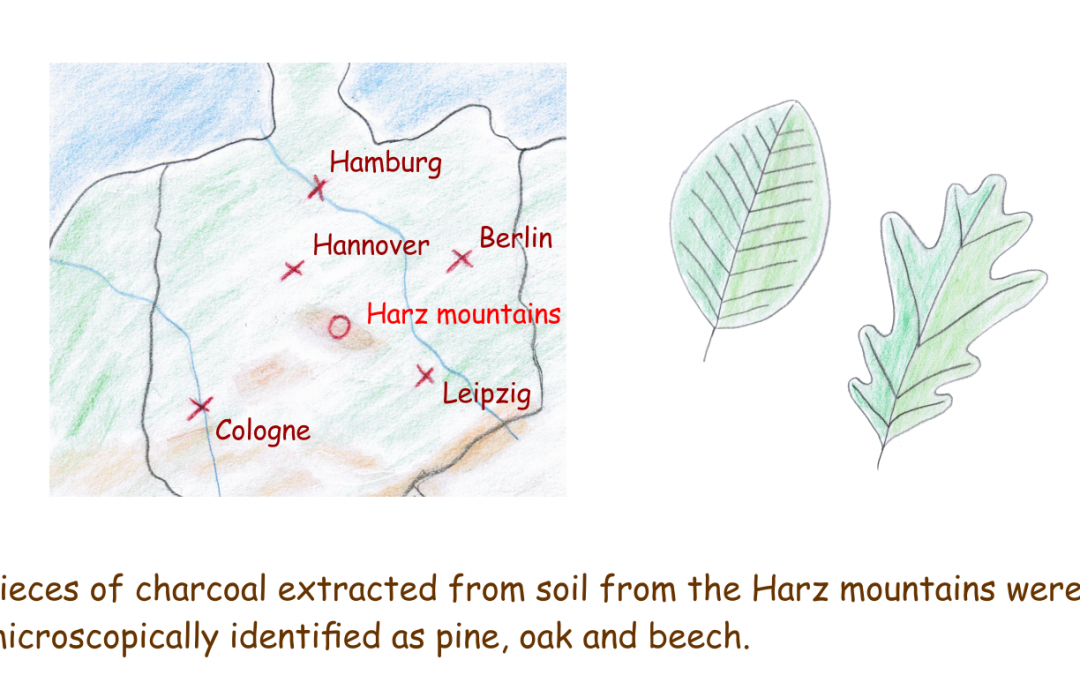
von Thomas Fester | Sep. 5, 2016 | Natural History, News
Natural History Cartoon composed of three images; click the arrows for navigating Source: Robin et al., New Phytologist (2016) 212: 259–268 Scivit News – Visual Science More illustrations from Scivit More videos from Scivit Have a video abstract based on this...






Neueste Kommentare